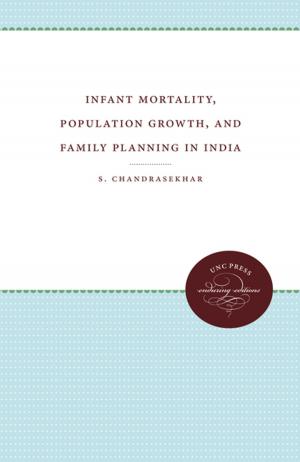Genocide and the Politics of Memory
Studying Death to Preserve Life
Nonfiction, Social & Cultural Studies, Political Science| Author: | Herbert Hirsch | ISBN: | 9780807862056 |
| Publisher: | The University of North Carolina Press | Publication: | November 9, 2000 |
| Imprint: | The University of North Carolina Press | Language: | English |
| Author: | Herbert Hirsch |
| ISBN: | 9780807862056 |
| Publisher: | The University of North Carolina Press |
| Publication: | November 9, 2000 |
| Imprint: | The University of North Carolina Press |
| Language: | English |
More than sixty million people have been victims of genocide in the twentieth century alone, including recent casualties in Bosnia and Rwanda. Herbert Hirsch studies repetitions of large-scale human violence in order to ascertain why people in every historical epoch seem so willing to kill each other. He argues that the primal passions unleashed in the cause of genocide are tied to the manipulation of memory for political purposes. According to Hirsch, leaders often invoke or create memories of real or fictitious past injustices to motivate their followers to kill for political gain or other reasons. Generations pass on their particular versions of events, which then become history. If we understand how cultural memory is created, Hirsch says, we may then begin to understand how and why episodes of mass murder occur and will be able to act to prevent them. In order to revise the politics of memory, Hirsch proposes essential reforms in both the modern political state and in systems of education.
More than sixty million people have been victims of genocide in the twentieth century alone, including recent casualties in Bosnia and Rwanda. Herbert Hirsch studies repetitions of large-scale human violence in order to ascertain why people in every historical epoch seem so willing to kill each other. He argues that the primal passions unleashed in the cause of genocide are tied to the manipulation of memory for political purposes. According to Hirsch, leaders often invoke or create memories of real or fictitious past injustices to motivate their followers to kill for political gain or other reasons. Generations pass on their particular versions of events, which then become history. If we understand how cultural memory is created, Hirsch says, we may then begin to understand how and why episodes of mass murder occur and will be able to act to prevent them. In order to revise the politics of memory, Hirsch proposes essential reforms in both the modern political state and in systems of education.















